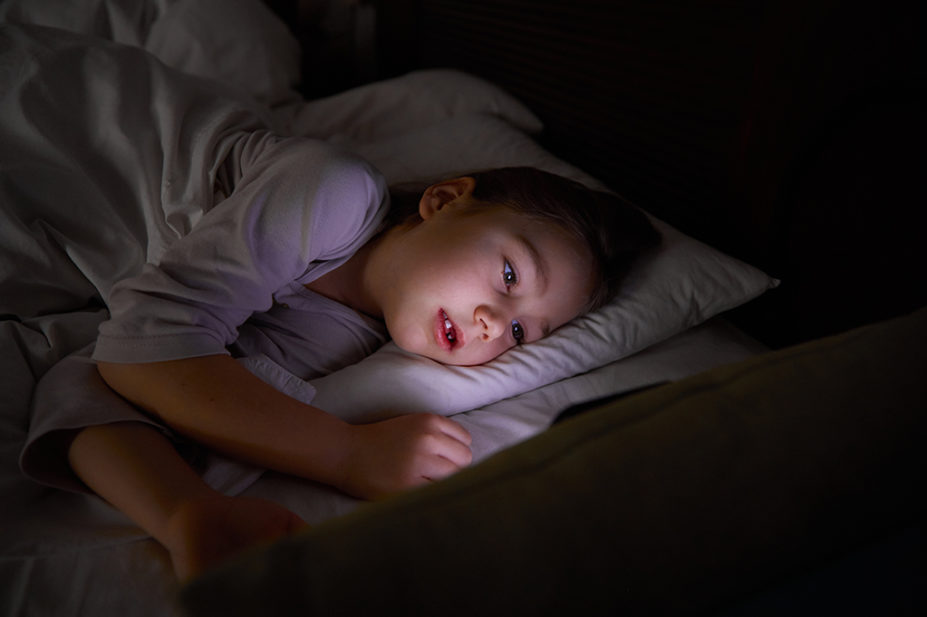
Shutterstock.com
Melatonin prescriptions for children and young people in England has increased rapidly, prompting concern from experts that it is being overused to treat sleep problems in the young.
An analysis of NHS data obtained under the Freedom of Information Act by The Pharmaceutical Journal shows 56,002 unique patients aged 17 years or under were prescribed melatonin in April 2022.
This compares with 20,881 unique patients in April 2015, an increase of 168%.
The number of unique patients aged 0–17 years prescribed melatonin hit more than 60,000 for the first time in March 2022, a figure described as “shocking” by experts.
In adults aged 55 years or older, National Institute for Health and Care Excellence (NICE) guidelines recommend melatonin for the short-term treatment (up to 13 weeks) of insomnia and jet lag. However, the guidance is stricter for children, with a short-term course of melatonin (one to two weeks initially) recommended for sleep problems by NICE, but only under specialist supervision.
Vicki Beevers, chief executive and founder of The Sleep Charity, based in Doncaster, Yorkshire, described the rising number of patients on melatonin as “disappointing”.
“The first line of intervention should always be behavioural … but, unfortunately, many families can’t access this; it’s an absolute postcode lottery.”
Beevers added that sleep issues were on the rise across all age groups — not just children — with the COVID-19 pandemic playing a significant part: “People were having more screen time, reduced exercise opportunities, a loss of routine and there was increased anxiety.”
Steve Tomlin, director of the Children’s Medicines Centre and associate chief pharmacist at Great Ormond Street Hospital, said it was “far too easy” for children to continue on with using melatonin once it has been tried, because it has had “some effect”.
“That doesn’t mean it is needed long term,” he added.
The rise may be partly attributed to the availability of two new treatments for use in children. Slenyto (Flynn Pharma) was approved for the treatment of insomnia in patients aged 2–18 years with autism in September 2018, and Adaflex (AGB Pharma) was approved for insomnia in patients aged 6–17 years with ADHD where sleep hygiene measures have been insufficient in May 2020.
However, melatonin is not always the solution.
“The figures are a bit shocking,” says Alastair Paterson, a specialist clinical pharmacist with a particular interest in sleep. “I almost think that melatonin prescribing in kids has emerged because we’re not really willing to give kids some of the more ‘hardcore’ hypnotics; because we produce melatonin naturally, it seems a little bit safer.”


